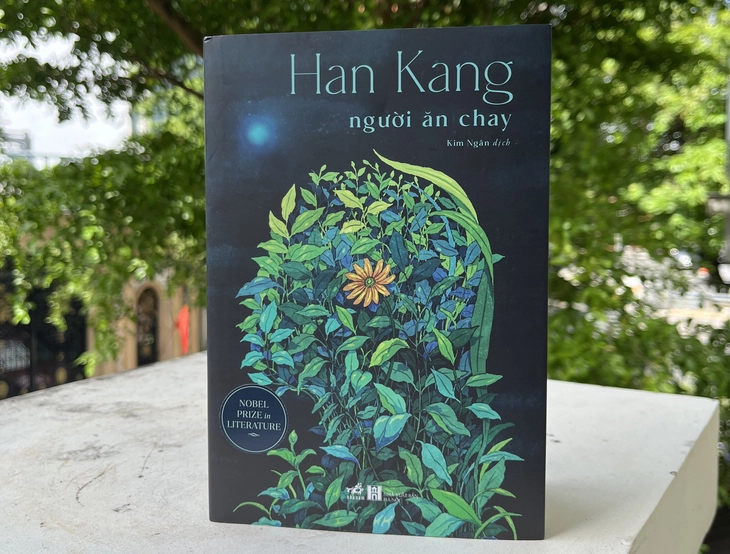
In just under ten years, Han Kang's name has spread beyond Korea and he has become the latest winner of the Nobel Prize for Literature. But The Vegetarian has been available to Vietnamese readers for more than 10 years - Photo: Publishing House
This work brought her international fame, similar to the name of the prize that introduced her to the world : the International Booker Prize.
From home to the world
Before talking about Vegetarian and Han Kang, we need to mention this award a little bit because this award is a significant factor in "writing" the Han Kang story that we saw today.
When it was first established, the International Booker was awarded to authors as a form of recognition for their literary careers. Looking at the winners of the International Booker before 2016, it can be seen that they were all big names with solid careers. Since 2005, the prize has been awarded every two years, to Ismail Kadare, Chinua Achebe, Alice Munro, Philip Roth, Lydia Davis, and László Krasznahorkai.
Among them, Alice Munro received the International Booker Prize in 2009 and won the Nobel Prize for Literature in 2013.
From a young award, developing in a different direction from the Man Booker Prize (which was only for authors from the Commonwealth, Ireland and Zimbabwe), the International Booker has become a notable award in the literary world.
In 2016, the International Booker marked a change, moving from being awarded to literature to being awarded to works of fiction translated into English.
The £50,000 prize money is split equally between the author and translator. And The Vegetarian is the first to work to mark this change. At the same time, Han Kang also became the first Asian author to win the International Booker Prize.
Before winning this award, Han Kang was still a relatively unknown name to readers around the world. After the award, everything changed. Her success probably surprised even her home readers. But this partly reflects the speed of today's era with the ability to turn a local writer, writing in a non-popular language, into an international literary star.
The Nobel Prize in Literature for Han Kang also reflects the results of the cultural industry that the Korean Government has invested in scientific and long-term. This event can also be seen as the peak of the "Korean wave" - from music , movies, to literature - all gaining high positions in the international arena.

Han Kang was born in 1970 in Gwangju. Her pen name means Han River. In 2024, she became the first Korean to receive the Nobel Prize for Literature.
Reunion after more than ten years
Returning to The Vegetarian, the newly published translation in Vietnam is the second translation of the work. In 2011, Hoang Hai Van's translation brought The Vegetarian as well as Han Kang to Vietnamese readers for the first time.
Han Kang was then introduced as a notable contemporary writer in Korea. However, Vietnamese readers paid little attention to this work. The proof is that after The Vegetarian won the International Booker Prize, it was not difficult to find copies printed several years ago that were still on sale in bookstores.
Interest in the name Han Kang only returned to our country when she won the award. This was followed by the novels The Nature of Man and White published in Vietnam, expanding many other aspects of this female writer's career.
In the translation of The Vegetarian published in 2025, translator Kim Ngan included an "author's note". Han Kang shared that the two stories The Vegetarian and The Blue Birthmark in the book were written by hand because during that time she suffered from joint pain and could not type, so she needed help and it took a lot of time. After nearly two years, she tried holding the pen upside down to type on the keyboard and completed The Fire of Grass and Trees - the third story of The Vegetarian.
In the previous edition, The Vegetarian was introduced on the cover as a "series". The three stories seemed unrelated but combined into one story that Han Kang really wanted to tell.
The book exudes an atmosphere of integrity in a developing Korean society and leaves behind consequences for each individual in that development process.
Over time, the issues raised by Han Kang not only became clearer, but also became more relevant. From a Korean story, it took on a global dimension.
While it is hard to call this a masterpiece, in its own way it has quickly become fashionable, regularly appearing on must-read lists when it comes to Korean literature.
It was The Vegetarian who contributed greatly to Han Kang's Nobel Prize. In his speech announcing the Nobel Prize in Literature, Anders Olsson - Chairman of the Nobel Committee, honored Han Kang as an innovator of contemporary prose.
Source: https://tuoitre.vn/han-kang-va-nguoi-an-chay-20250706085305936.htm


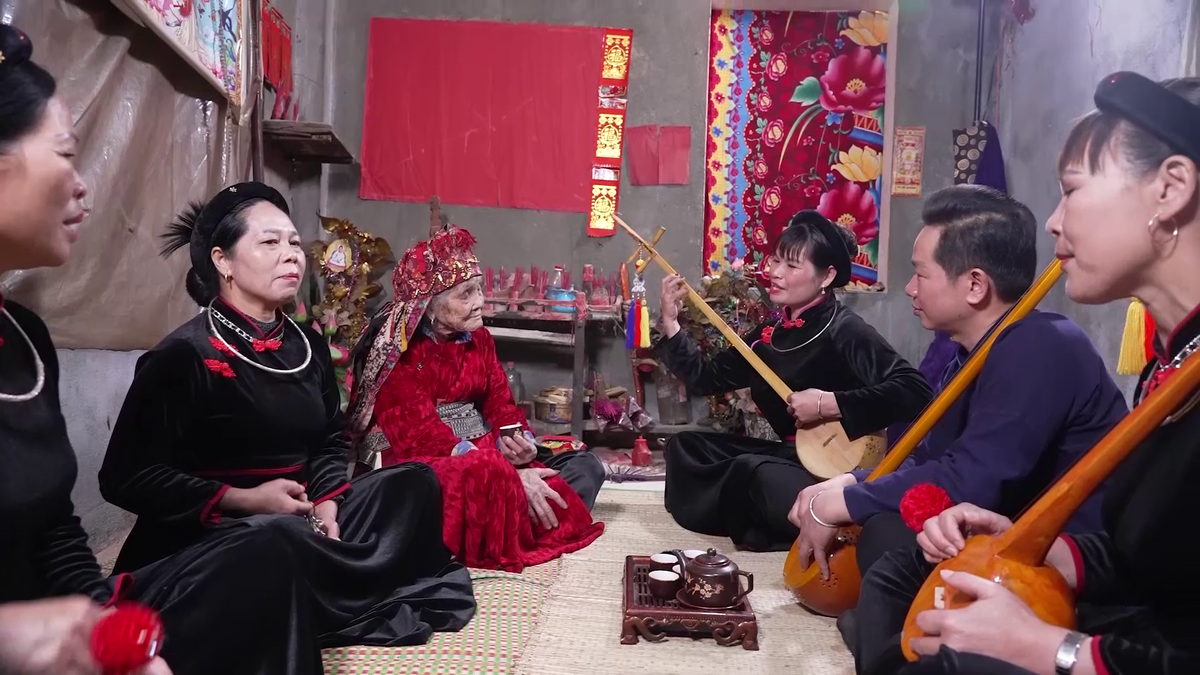

![[Photo] Prime Minister Pham Minh Chinh receives leaders of several leading Brazilian corporations](https://vphoto.vietnam.vn/thumb/1200x675/vietnam/resource/IMAGE/2025/7/6/3622160b379746e6bca82f804ea35e47)










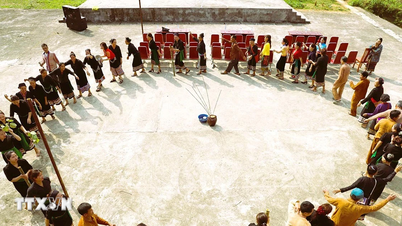





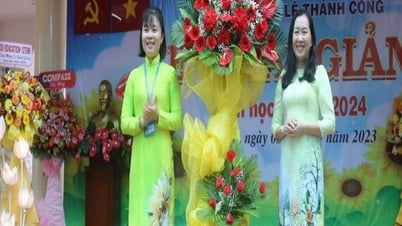







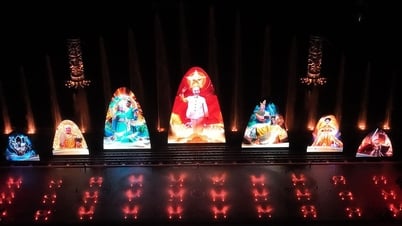










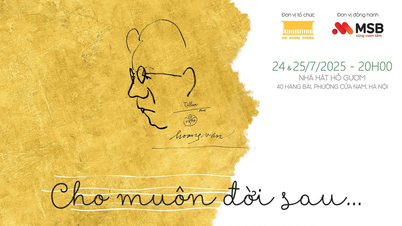



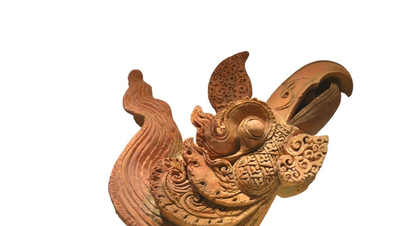










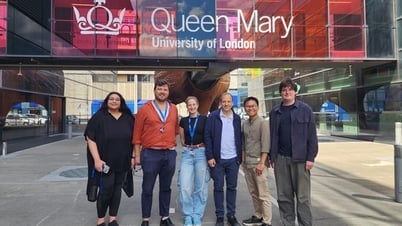

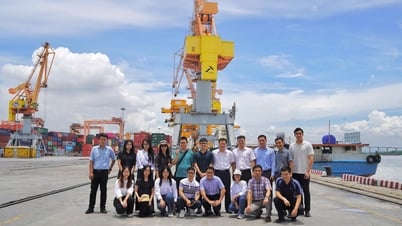

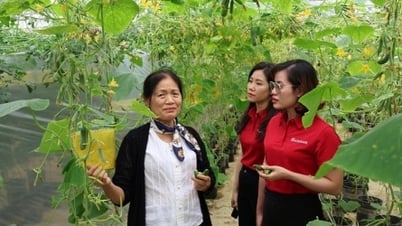

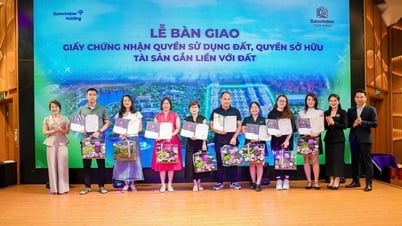

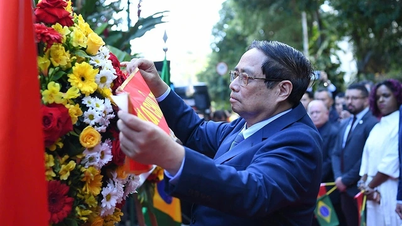







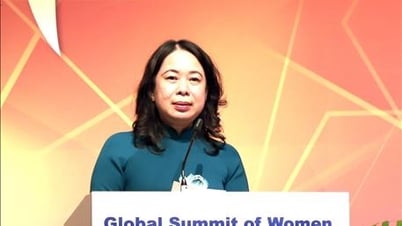



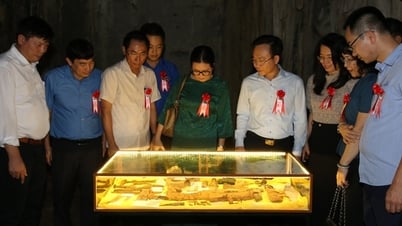


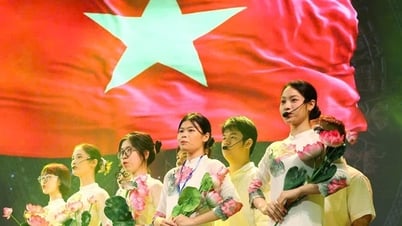





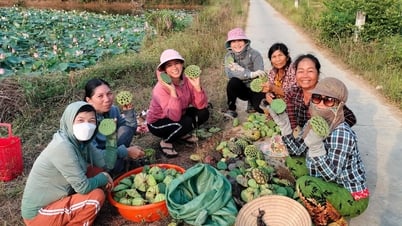

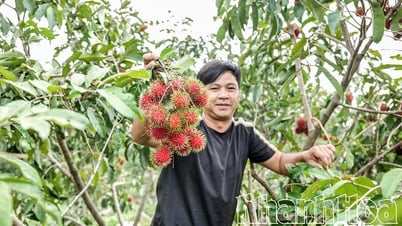




![[OCOP REVIEW] Bay Quyen sticky rice cake: A hometown specialty that has reached new heights thanks to its brand reputation](https://vphoto.vietnam.vn/thumb/402x226/vietnam/resource/IMAGE/2025/7/3/1a7e35c028bf46199ee1ec6b3ba0069e)








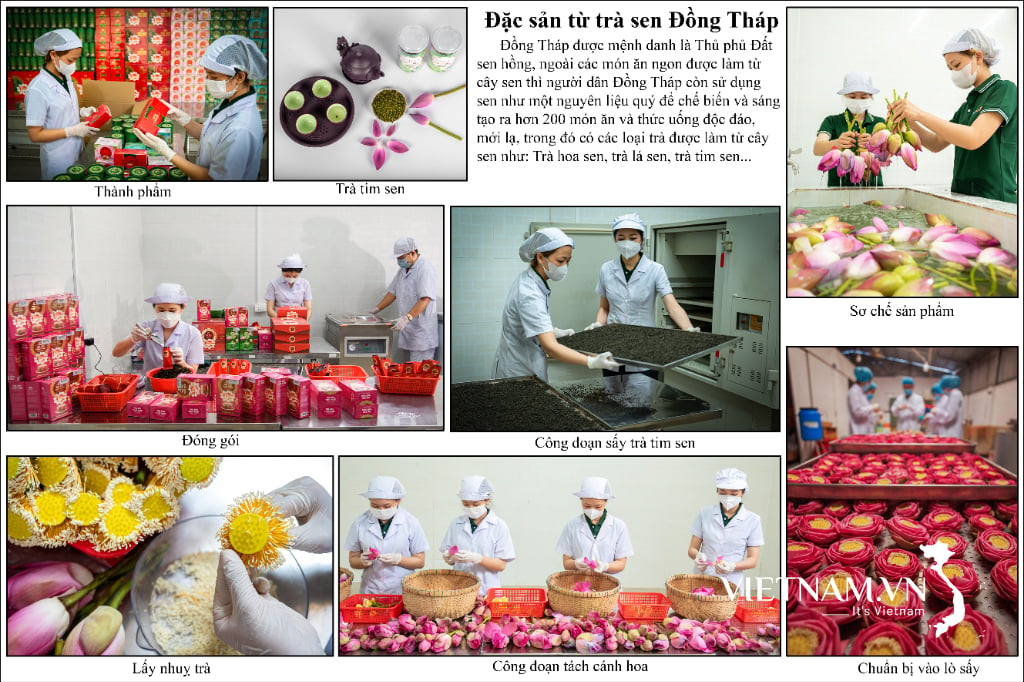

Comment (0)